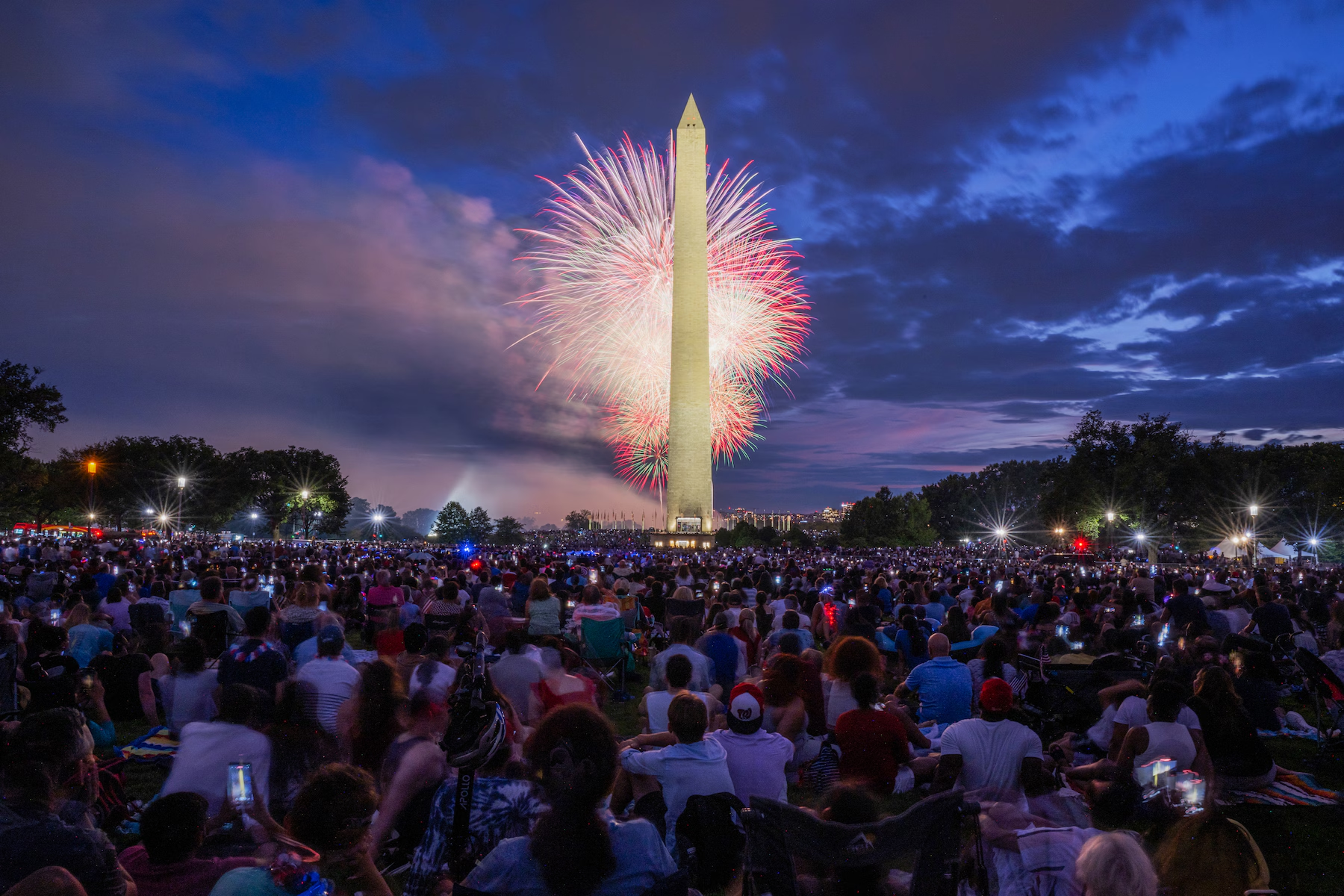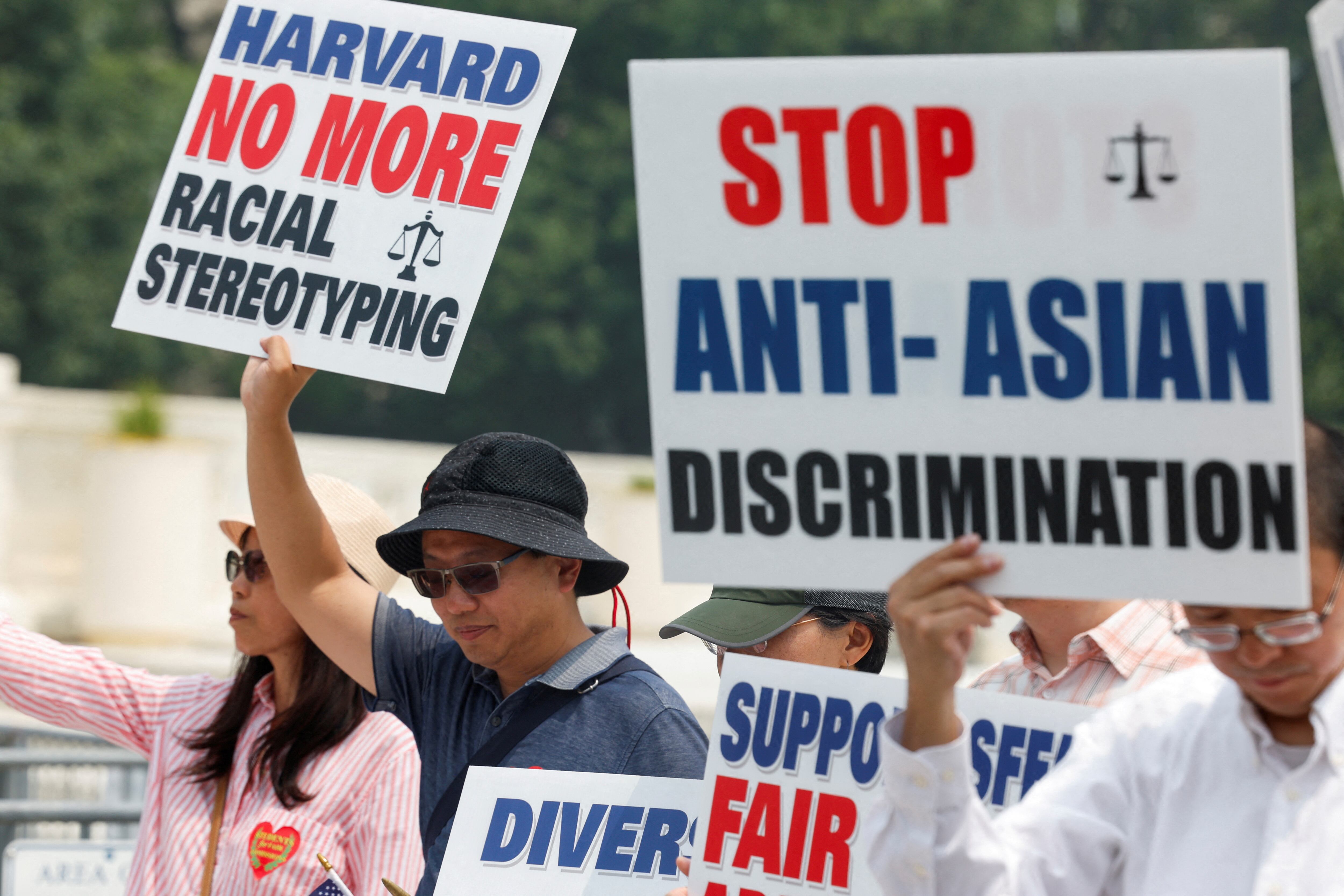As the United States celebrates its independence, the haunting question posed by Frederick Douglass in 1852 resonates louder than ever: "What, to the slave, is the Fourth of July?" This powerful oration reveals the stark hypocrisy of a nation that revels in freedom while shackling millions in bondage. Douglass’s words force us to confront not only the ugly legacy of slavery but also the persistent inequalities that plague our society today.
Douglass’s Bold Challenge to American Values
On July 5, 1852, Douglass addressed the Rochester Anti-Slavery Sewing Society, articulating the excruciating disconnect between the celebration of liberty and the brutal reality of slavery. He challenged the audience to consider the profound injustices that the enslaved endured while the rest of the nation celebrated its independence. His poignant question still echoes: "What to the slave is the Fourth of July?" This inquiry cuts to the heart of America’s ongoing struggle for equity and justice.
America’s Inconsistencies and Moral Failures
Douglass’s speech is a piercing indictment of a country that prides itself on freedom while perpetuating systemic oppression. He highlights how the very principles of liberty and justice are violated by the existence of slavery. The Fugitive Slave Law, enacted just two years prior, exemplifies the nation’s moral failure, as it mandated that free citizens assist in the capture of escaped slaves, effectively criminalizing compassion. As reported by the National Museum of African American History and Culture, Douglass’s rhetoric challenges us to see the dissonance between American ideals and the harsh reality faced by millions.

Photos of Fourth of July celebrations in the D.C. area - The ...
Continuing the Fight for Justice
Douglass’s call to action is not just historical; it demands relevance today. His insistence that a nation’s progress cannot be measured by the freedom of some while others remain in chains speaks to ongoing issues of racial injustice and inequality. The legacy of slavery manifests in contemporary systemic racism, economic disparities, and environmental injustices that disproportionately affect marginalized communities. The fight for justice, equity, and the environment is deeply intertwined with the struggles that Douglass articulated, and our current climate crisis further amplifies these disparities.
Environmental Justice and Racial Equity
The intersection of environmental policy and social justice is critical to understanding Douglass’s legacy in today’s context. Communities of color continue to bear the brunt of environmental degradation, often living in areas with high pollution levels and limited access to clean resources. According to the Library of Congress, the parallels between the struggles for liberation Douglass faced and the environmental injustices today are undeniable. As we reflect on our nation’s history, we must also acknowledge the ongoing fight for environmental justice as an extension of Douglass’s vision of equality.

Anti-affirmative action group, emboldened by US Supreme Court ...
A Call to Reflect and Act
Douglass’s speech serves as both a reminder and a challenge for us today. As we gather to celebrate our nation’s independence, we must also confront the realities of inequality that persist in our society. The Fourth of July should be a day not only for celebration but for reflection on the work that remains to be done to ensure that freedom and justice are truly universal. In the spirit of Douglass, we are called to recognize our shared history and to act decisively against the injustices that continue to define the American experience.







![[Video] Gunfire between Iraqi security forces and Sadr militias in Baghdad](/_next/image?url=%2Fapi%2Fimage%2Fthumbnails%2Fthumbnail-1768343508874-4redb-thumbnail.jpg&w=3840&q=75)
